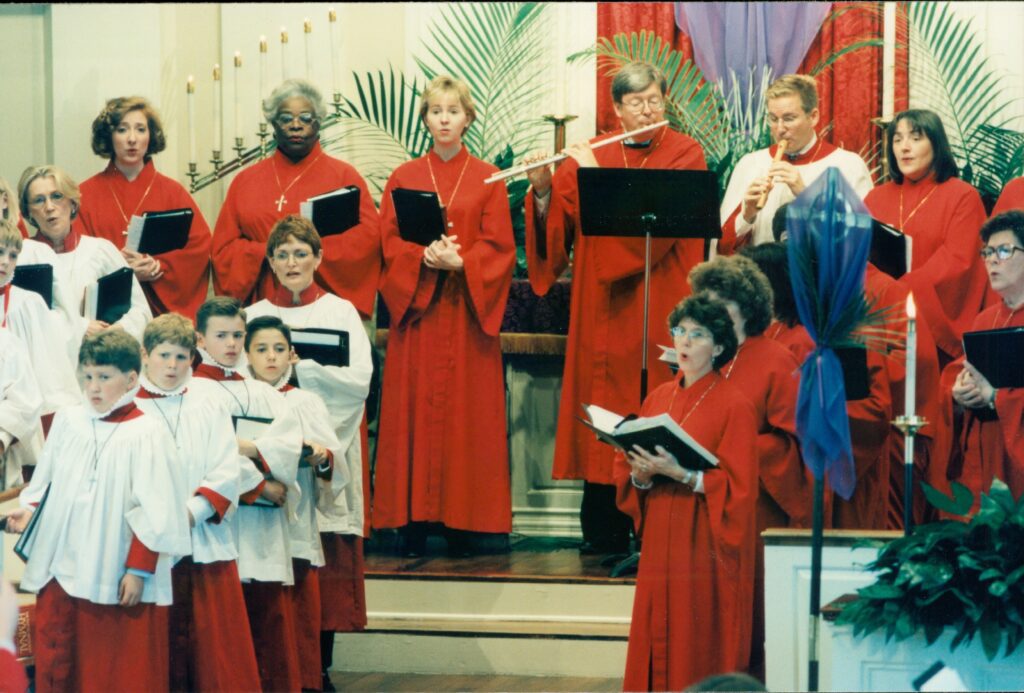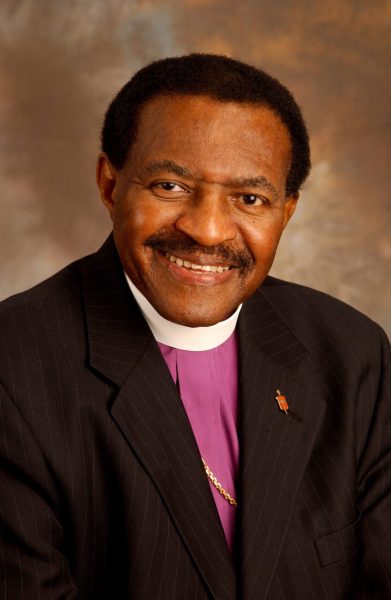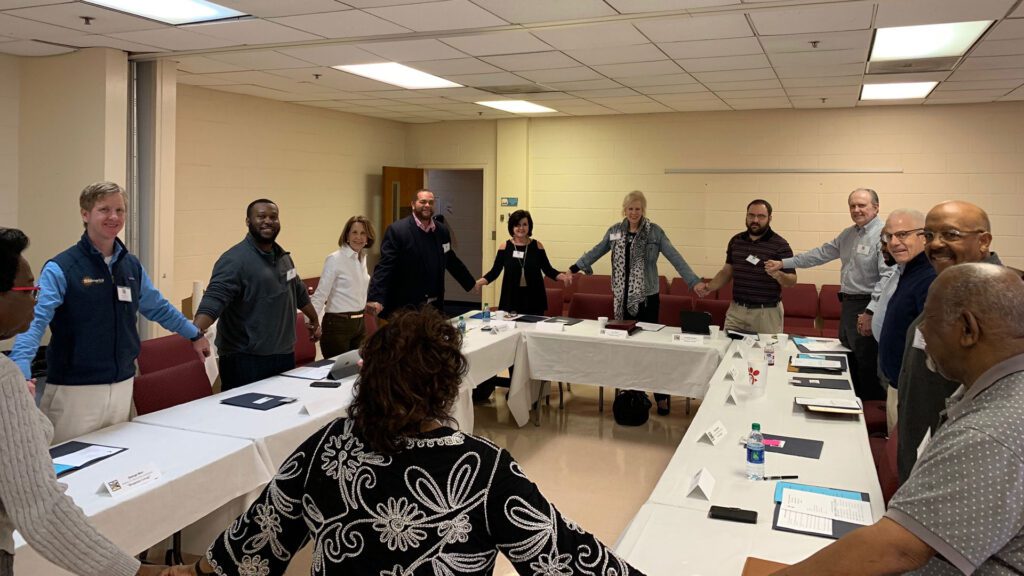Sharing the history, growth, and ministry of Peachtree Road UMC… one story at a time.

A LEGACY PROJECT OF PEACTHREE ROAD
404.266.2373
[email protected]
prumc.org
by bonnie copeland
In the 1950’s, as Atlanta was navigating the Civil Rights Movement and the potential integration of public schools, a valiant group of 80 clergy took a stand. In 1957 the “Southern Manifesto” was created by southern politicians opposing public school integration through a policy of massive resistance. This document was signed by all of Georgia’s federal Senators and Representatives. In response, on November 3, 1957, the first “Ministers’ Manifesto” appeared on the front page of both The Atlanta Journal and The Atlanta Constitution and was later published in The New York Times.
Methodist Bishop Bevel Jones helped draft the “Ministers’ Manifesto” and Peachtree Road’s Senior Pastor, Rev. Claude Haynes, was among the 80 who signed it. The “Manifesto” supported keeping the public schools open, continuing ongoing communication between races, promoting racial amity, and–above all– obeying the law. A year later, on November 3, 1958, the “Second Ministers’ Manifesto” was published in response to the Temple bombing in October of that same year. Peachtree Road’s Senior Pastor Dr. Frank Moorhead was one of the 331 clergy members who signed this document.
Many white churches during these days had closed door policies regarding seating African Americans coming to worship. Peachtree Road member Betty Lee Kennedy remembered the discussion her father and Clyde Kennedy had with other leaders of Peachtree Road. The decision was made that if blacks came to worship, they would be welcome and would be seated and with the congregation.
In 1966 delegates to the North Georgia Methodist Conference approved a resolution which would transfer the black annual conferences into the previously all-white Southeastern Jurisdiction. Dr. Cecil Myers, who would later serve as Senior Pastor at Peachtree Road from 1976 to 1984, presented the resolution to the conference and it was successfully passed.
Dr. Thomas Whiting was Senior Pastor from 1965-1976. Lois Coogle wrote in Tassles of Remembrance, a history of Peachtree Road’s early years, that “Dr. Whiting came to the church during a time of widespread unrest in our country-the era of the civil rights movement…when many citizens, particularly the young, were questioning long-held beliefs and mores. It was a time when churches could be a very influential part of an individual’s growth and Peachtree Road responded to the challenge well.” Betty Lee Kennedy reminisced that when Dr. Whiting was pastor that it felt like “the doors were wide open” to the church.
Lois Coogle mentions in her book that in the 1970’s “sit ins” were held by blacks in public places to show they had the right to be there. She wrote, “This was true of our houses of worship, and they came to our church with little incident.” Dr. Whiting invited the Fifth District Congressman, Andrew Young, to fill his pulpit on a Sunday morning. Accompanying Congressman Young, his wife, and their son was Dora McDonald, Young’s administrative assistant in Atlanta.
When Dr. Don Harp was Senior Pastor at Peachtree Road, Ms. McDonald was searching for a new church, and returned for a visit. Lois Coogle wrote that she “was moved by the great choir and the warmth of the people.” On her third visit she decided to join the church… and the choir. Dora McDonald, the first black woman to join Peachtree Road, is remembered as a faithful member of the Agape and Timothy Sunday School classes, a choir enthusiast, and a kind and loving friend.

Led by Senior Pastor Dr. Bill Britt, Peachtree Road began a meaningful journey as a church in 2019—a journey which will continue to propel Peachtree Road forward in the future toward mutual understanding and respect for those of different races and backgrounds. Bishop Woody White was the moving force behind the connection of Peachtree Road and Cascade UMC. In his 1988 book Confessions of a Prairie Pilgrim, he wrote, “Few efforts are carried on anymore to bring congregations and individuals together across racial lines, and we have seemingly given up altogether our hope to foster interracial congregations.”
Bishop White had been leading students from the Candler School of Theology on tours of museums and locations focusing on the history of the civil rights movement. He organized a lunch between Dr. Kevin Murriel, the Senior Pastor of Cascade UMC, and Dr. Britt and a joint trip between the two churches to Birmingham and Montgomery followed. This led to the organization of a group of 50 members from each church who explored race relations and cemented personal relationships between the participants. Members from the two churches have continued socializing and participating in outreach projects together.

In addition, members from both congregations have participated in two more joint trips. The first trip was made to Anniston, AL in August 2023 and the second trip was made to Montgomery, AL in April 2024.
Dr. Britt continues the legacy of the pastors that went before him at Peachtree Road who have taken a stand, opened the doors, and valued the differences of those who come through our doors. Peachtree Road has been blessed in recent years to have an increase in African American membership and to have been led by three outstanding clergy: Rev. Carolyn Stephens, Rev. Josh Miles, and Rev. Karen Webster Parks. Dr. Britt is focused on the future and wants our church to move forward together as we continue to follow Christ’s lead in loving, accepting and nurturing all of God’s children in our journey of faith as a congregation.

Sharing the history, growth, and ministry of Peachtree Road UMC… one story at a time.

A LEGACY PROJECT OF PEACTHREE ROAD
404.266.2373
[email protected]
prumc.org